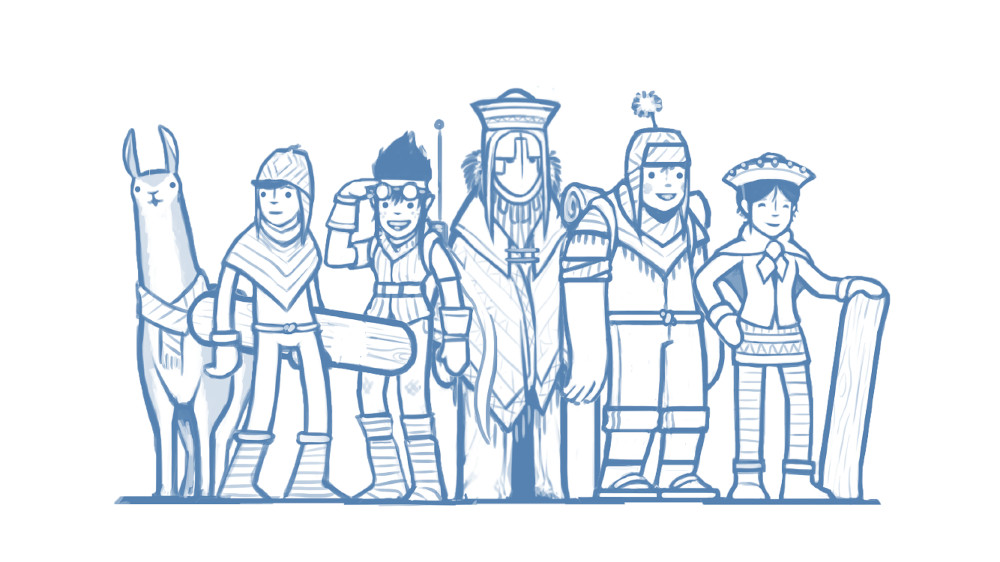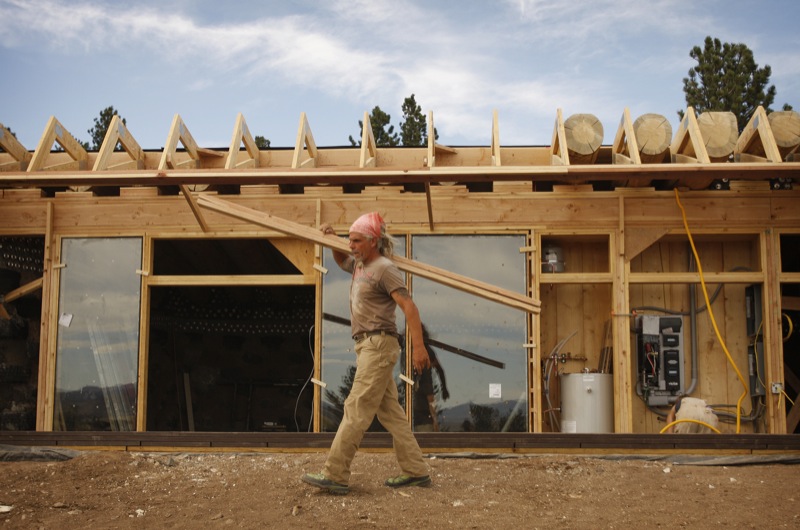O tym dlaczego "sustainability" to nie "zrównoważony rozwój"
Posted on Tue 23 August 2022 in misc

W ostatnim czasie coraz częściej możemy spotkać się z terminem “zrównoważony rozwój”, promowanym jako lekarstwo na większość naszych ekologicznych problemów przez międzynarodowe raporty, rządy czy korporacje. Im bardziej się w niego wczytujemy, tym bardziej może się jednak wydawać niekonkretny czy wręcz sprzeczny, gdy z jednej strony wydaje się szeregiem postulatów ekonomicznych, z drugiej używają go organizacje ekologiczne chcące ograniczać konsumpcję.
Zamieszanie bierze się z tego, że w języku polskim “zrównoważony rozwój” obejmuje dwa różne koncepty, na które angielski używa oddzielnie sustainability i sustainable development. Jaka jest między nimi różnica - i czy potrzebujemy nowego słowa, aby się ciągle w tym nie gubić?
Sustainability
Kilka lat temu wraz ze znajomą tłumaczką - Martyną Łysakiewicz - podjęliśmy się przekładu manifestu nowego ruchu artystyczno-aktywistycznego, Solarpunka. Usiłuje on wyobrazić sobie przyszłość, w której ludzkość nie niszczy naszej planety, ale żyje z nią w zgodzie. Stawia pytanie, co musielibyśmy zmienić w naszej kulturze, aby móc taką wizję zrealizować?
Szybko zdaliśmy sobie sprawę, że używając obecnego polskiego słownictwa Manifest... jest nieprzetłumaczalny. Cały Solarpunk bazuje …
Continue reading

 SolariseCon 2022 Poster CC-BY-SA 4.0 Commando Jugendstil
SolariseCon 2022 Poster CC-BY-SA 4.0 Commando Jugendstil
